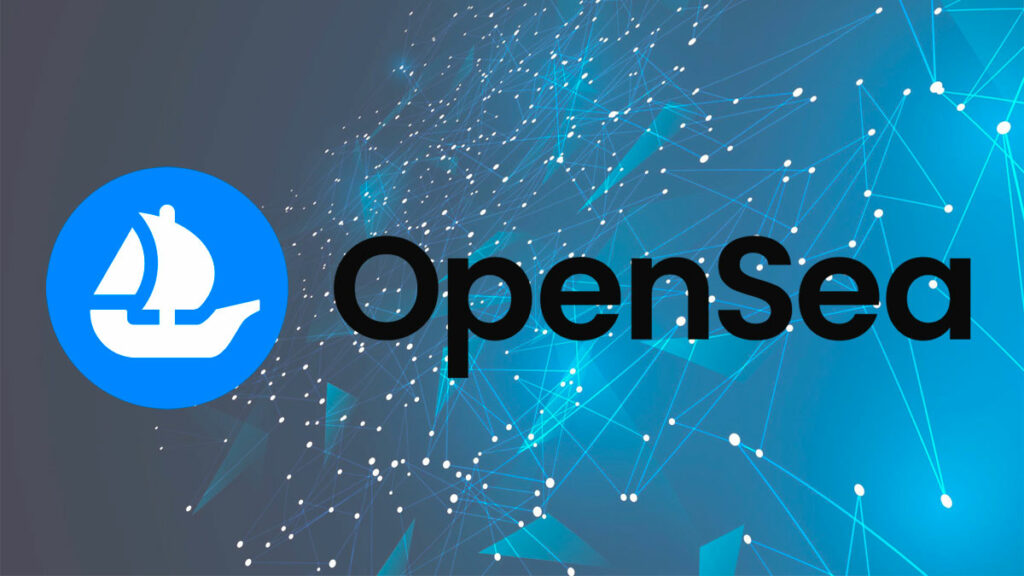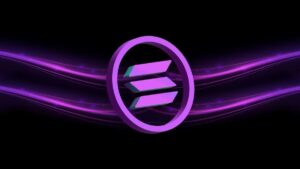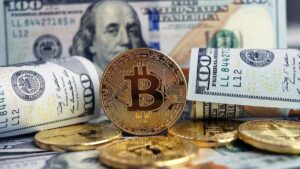TL;DR
- The Innovative OpenSea Seaport Hooks: Seaport 1.6 introduces ‘Seaport Hooks,’ enhancing NFT utility and liquidity, allowing custom trading rules, bulk transactions, and third-party service integration.
- Reduced Gas Fees: The update significantly cuts gas fees by optimizing smart contract interactions, benefiting artists and creators with tighter budgets.
- Community Engagement: Seaport 1.6 fosters a democratic marketplace with governance mechanisms for user participation in protocol development.
OpenSea, the leading peer-to-peer marketplace for NFTs, has just launched Seaport 1.6, a revolutionary upgrade to its existing protocol that promises to transform the NFT marketplace landscape. This latest iteration introduces ‘Seaport Hooks,’ a feature set to enhance the utility and liquidity of NFTs, making it a significant leap forward for creators and collectors alike.
OpenSea has announced the launch of Seaport 1.6, a new generation NFT marketplace protocol in the EVM ecosystem, introducing a new feature called Seaport hooks. Similar to Uniswap v4 hooks, Seaport hooks allow developers to build applications that extend the utility and liquidity…
— Wu Blockchain (@WuBlockchain) March 21, 2024
Seaport 1.6 is built on the Ethereum blockchain and is designed to provide users with a more flexible and efficient trading experience. The introduction of Seaport Hooks allows for a range of new functionalities, including the ability to create custom trading rules, execute bulk transactions, and integrate third-party services directly within the marketplace.
This level of customization was previously unattainable in the NFT space and marks a milestone in the evolution of digital asset trading. The upgrade comes at a time when the NFT market is experiencing unprecedented growth.
With the global NFT market cap reaching new heights, platforms like OpenSea are under pressure to innovate and provide solutions that meet the evolving needs of their users. Seaport 1.6 addresses these needs by offering a more intuitive and user-friendly interface, reduced transaction fees, and enhanced security measures.
Seaport 1.6: OpenSea’s Strategy for Reducing NFT Gas Fees

One of the standout features of Seaport 1.6 is its ability to reduce gas fees significantly. By optimizing smart contract interactions, users can now engage in transactions that are not only faster but also more cost-effective. This is particularly important for artists and creators who operate on thin margins and for whom every penny saved can make a substantial difference.
In addition to the technical advancements, Seaport 1.6 also emphasizes community engagement. The platform has introduced governance mechanisms that allow users to have a say in the future development of the protocol. This democratic approach ensures that the marketplace evolves in a direction that benefits its most active participants.
The launch of Seaport 1.6 has been met with enthusiasm from the NFT community. Social media platforms like Twitter are abuzz with discussions about the potential impact of Seaport Hooks on the industry. Experts predict that this upgrade will not only solidify OpenSea’s position as a market leader but also attract a new wave of users to the world of NFTs.
As the digital landscape continues to grow, innovations like Seaport 1.6 are paving the way for a more inclusive and dynamic NFT ecosystem. With its user-centric design and forward-thinking features, OpenSea’s latest update is set to revolutionize the way we think about and interact with non-fungible tokens.










